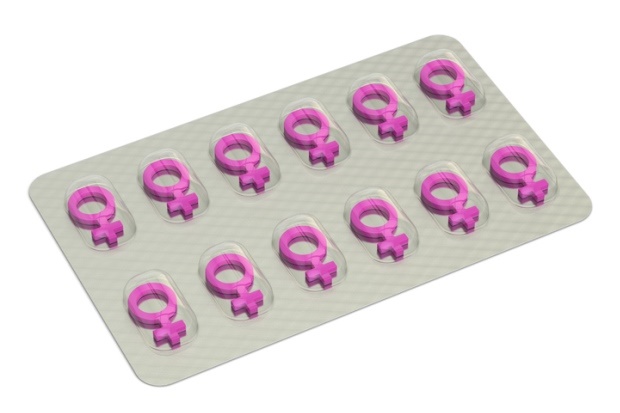
When you become pregnant, and then give birth, there are a lot of dos and don’ts as far as taking medication is concerned.
For instance, ibuprofen isn’t advised for those who are pregnant – unless prescribed by a doctor. This, says Jana Abelovska, superintendent pharmacist at Click Pharmacy, is “due to the negative effects ibuprofen can have on a baby’s kidneys and circulatory system”.
Advertisement
But after your baby has been born and is breastfeeding, what happens then? Should you still avoid it?
It’s no wonder then that ‘can I take ibuprofen while breastfeeding?’ is a commonly Googled query – alongside other popular asks like whether you can have Lemsip or Strepsils when breastfeeding.
We asked Abelovska to walk us through what pain relief medication parents can take, and should steer clear of, when breastfeeding little ones. Here’s her advice.
Is it safe to take ibuprofen when breastfeeding?
The good news is that for breastfeeding women, ibuprofen is “completely safe” to take – and is actually one of the recommended painkillers for women while breastfeeding, says the pharmacist.
Advertisement
You can take it as a tablet or use it on your skin.
“Ultimately, only minuscule amounts of the drug pass from the breast milk into the baby’s body, and therefore pose no real risk to babies,” Abelovska explains.
Well, that’s a relief.
Can I take Lemsip when breastfeeding?
With cold and flu season lurking around the corner as we head towards the cooler months (sorry), people are also understandably interested in whether it’s OK to take decongestants like Lemsip when breastfeeding.
Abelovska says: “Interestingly, while decongestants – like Lemsip – are unlikely to directly affect a breastfeeding baby, they can have a negative effect on the mother’s milk supply.
“Therefore, it is recommended that breastfeeding mothers avoid all types of medical decongestants and instead use safer alternatives, such as inhaling steam.”
Experts at NetDoctor agree, saying the production of breast milk can decrease “with just one or two doses,” so Lemsip is “best avoided by mothers who are breastfeeding”.
Advertisement
What about Strepsils?
Throat lozenges can help ease a sore throat if you’re struggling – but it’s always best to ask your pharmacist to recommend one that is safe for breastfeeding, according to the Health Service Executive (HSE).
In the case of Strepsils specifically, Abelovska says the Honey and Lemon varieties “seemingly pose no risk to breastfeeding women.”
But she warns other Strepsil products, such as Extra Triple Action Blackcurrant Lozenges, are not recommended.
“Strepsils’ package leaflet for the triple action throat sweets recommends avoiding the product if pregnant or breastfeeding,” she explains.
If you’re confused about what’s best to take, Abelovska recommends having an open discussion with your GP who can advise further.
Advertisement
What medicines should you avoid when breastfeeding?
There are a wealth of medications that aren’t recommended for women while breastfeeding, says the pharmacist. “This can be for various reasons such as affecting milk supply or the risk of the medication getting into the milk.”
Some of these medications include:














